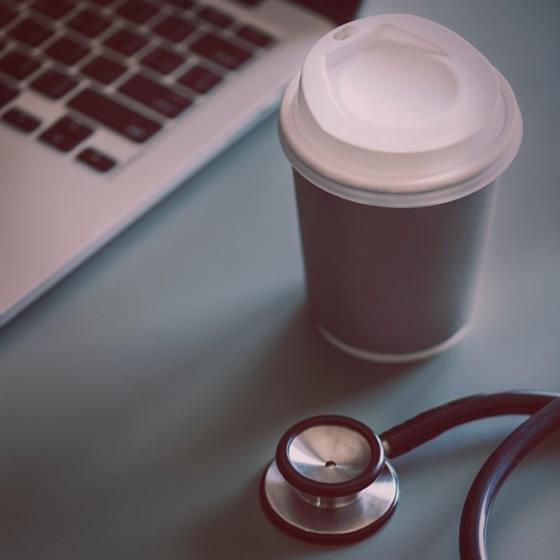We are often asked, “Should I use a water filter in my Jura?”. Below is an answer.
First Test the Water
Before answering this question, it is essential to test the water using the testing strip that comes with your Jura. If you have misplaced it, you can use other testing methods. You need to determine the hardness of the water, to continue.
The degree of hardness in water measures the amount of dissolved minerals in the water. Calcium and Magnesium are assumed to be the primary minerals. However, even though water hardness is often stated as a measure of dissolved Calcium and Magnesium in the water, it really measures the concentration of multivalent cations in the water.
If you measure your water hardness, and it is above 10 dH then using a filter is probably recommended, and you can get them, here. Or make sure you filter the water before adding it to your coffee machine.
Calcium and Magnesium are our Friends

We need to note before continuing that Magnesium (Mg) and Calcium (Ca) are our friends. By that, we mean they are friends of great tasting coffee. For coffee to be delicious, you need typically 80-120ppm of Mg and around that of Ca too.
When you have at least that amount of Ca and Mg, then the coffee will extract well and produce a better cup.
If you are interested in reading more about this, we recommend Water for coffee by Christopher H. Hendon and Maxwell Colonna-Dashwood. You can also read our previous post on Tweaking your water for coffee.
When we do not recommend a filter
Soft water and brewing
When water (like Cape Towns and Durban’s) is very soft (degrees of 4 or less) then the amount of these minerals (especially Calcium) is too low for brewing coffee.
Because coffee needs Calcium and Magnesium to extract, during the brew cycle of a coffee, the coffee machine will look for these ions in the water. If Ca and Mg do not exist in high enough concentrations in the water, they are searched for, and found. The first point of call is the Thermoblock metals (new Jura’s use stainless steel, old one’s Aluminium).
The Thermoblock is the instant heating element in the machine that takes cold water and gets it up to a temperature of 90-100°C almost instantly.
If you are using a water filter in the system with soft water, then what happens is that this removes Calcium and Magnesium and this will result in more long-term damage on the Thermoblock, as continual shortage of ions in the water will cause corrosion of the thermoblock or any metal part of the brewing system.
Effect on the pump
Besides the chemistry, there is also the physics of the fact that while a filter on a tap is using gravity or municipal pressure to get the water through the filter, filters in the Jura require the pump to pull the water through the filter, decreasing the brewing pressure of the coffee by a small (but noticeable) amount. However, this long-term use results in a degrading of the pump and reduces the extraction pressure applied to the coffee puck in the machine.
The older water filters did not know if they had to be changed, and often we saw people leaving old filters in and as they get full of the stuff they are taking out of the water, it becomes harder for the pump to pull the water through the overused filters. As a result, the pump breaks.
Economics of the filter
For a little more than that cost of a single water filter, you can purchase descaling tablets. A single filter only filters 50 litres of water, while descaling is required only once every 220 litres (for hardness 4 and below). As a result, a single water filter costs the same as filtering almost 600 litres of water, or 12 x the price.
Practical Reason
A final reason we do not recommend filters is the very first thing the workshop does when it diagnoses faults on a Jura, is run the descaling process manually. Only once that is done, if the issue the machine has gone to the workshop is not solved, then do they troubleshoot.
When to use a filter?
The three main reasons to use a filter are:
- There is a risk that the water source contains small particles that have not been removed (for example, non-municipal water).
- The water hardness is 10dH or higher.
- You could not be bothered to run the descaling process. While the process does take 45 minutes, there is not much to do. You can get an idea of how to run this process using the post Jura descaling process.
Note: The latest model of Jura’s now require a descale anyway, even if you use a water filter. We believe it is because Jura realised what we have none for years, descaling a machine extends the life of the machine and the pump




Assume Jura knows about the need for
calcium and Magnesium.
Why do they push a filter so hard.
Probably for $$$$$.
They would say it is for longevity, we think if your water is hard then that may be true, but otherwise we think the filter can end up shortening the lifespan of the pump.